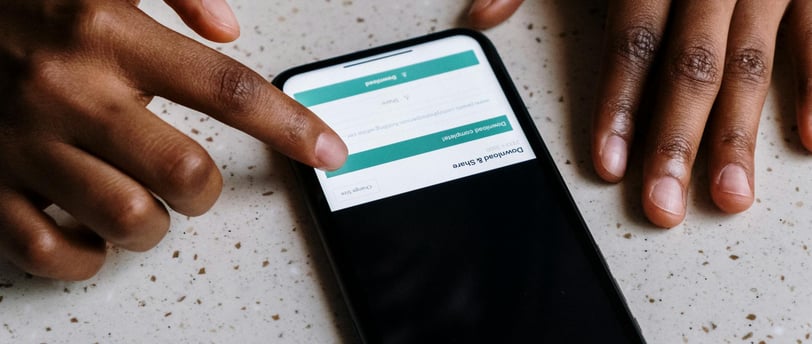Benjamin v. Safaricom: When Bonga Points Sparked a Consumer Rights Revolution
The case, Benjamin v. Safaricom PLC, centered on the controversial decision by Safaricom, Kenya's largest telecommunications provider, to impose expiry dates on its Bonga Points loyalty program.
Ruth Mosoti
12/10/20242 min read


In a landmark case that reverberated through the Kenyan telecommunications industry, the High Court of Kenya recently delivered a resounding victory for consumer rights. The case, Benjamin v. Safaricom PLC, centered on the controversial decision by Safaricom, Kenya's largest telecommunications provider, to impose expiry dates on its Bonga Points loyalty program. This seemingly innocuous move ignited a firestorm of consumer discontent, ultimately leading to a legal battle that underscored the stark power imbalance between corporations and consumers.
The Bonga Points Dispute: A Case Study in Consumer Rights Violations
Safaricom's Bonga Points program, launched as a customer loyalty initiative, rewarded subscribers with points for using the company's services. These points could then be redeemed for various rewards, including airtime, data bundles, and merchandise. Initially, the program operated without any expiry dates on accumulated points. However, in 2022, Safaricom announced its intention to impose a 3-year expiry date on Bonga Points, sparking outrage among consumers who felt betrayed by the sudden change.
Dr. Magare Gikenyi Benjamin, the petitioner in the case, argued that Safaricom's decision violated consumers' economic interests and legitimate expectations. The High Court, in its ruling, affirmed this view, declaring that the Bonga Points, once awarded, became the property of the consumers and could not be retroactively subject to expiry dates.
Unmasking the Unequal Battleground: Consumers vs. Corporations
The Benjamin v. Safaricom case serves as a stark reminder of the often-unequal relationship between consumers and corporations. Corporations, with their vast resources, legal expertise, and control over information, often wield significant power in the marketplace. This power imbalance can manifest in various ways:
● Resource Asymmetry: Corporations often have the financial muscle to hire top-tier legal teams, engage in extensive lobbying efforts, and shape public opinion through sophisticated marketing campaigns. Consumers, in contrast, typically lack the resources to challenge corporate decisions effectively.
● Informational Disparity: Corporations often control the flow of information about their products, services, and internal practices. This informational advantage can make it difficult for consumers to make informed decisions and hold corporations accountable.
● Contractual Complexity: Contracts and terms of service are often lengthy, convoluted documents filled with legal jargon. This complexity can create an uneven playing field where corporations can exploit loopholes or impose unfair terms without consumers' knowledge.
Championing Consumer Rights: Lessons from the Bonga Points Saga
The Benjamin v. Safaricom case highlights the critical importance of consumer awareness, robust legal frameworks, and proactive regulatory oversight in safeguarding consumer rights. Consumers must be empowered to understand their rights, challenge unfair practices, and demand transparency and accountability from corporations.
Here are some key takeaways:
● Know Your Rights: Familiarize yourself with consumer protection laws and regulations in your jurisdiction.
● Demand Transparency: Insist on clear, concise, and accessible information about products, services, and terms of service.
● Challenge Unfair Practices: Don't hesitate to speak up and seek redress if you believe your consumer rights have been violated.
● Support Consumer Advocacy: Engage with and support organizations championing consumer rights and fighting for a fairer marketplace.
By working together, consumers, regulators, and policymakers can create a more equitable marketplace where the rights of consumers are respected, and corporations are held accountable for their actions. The Bonga Points case stands as a testament to the power of consumer activism and a beacon of hope for a fairer and more transparent marketplace.
The contents do not constitute legal advice, are not intended to be a substitute for legal advice and should not be relied upon as such. Contact us for legal advice or other professional advice in relation to any particular matters you or your organisation may have.
